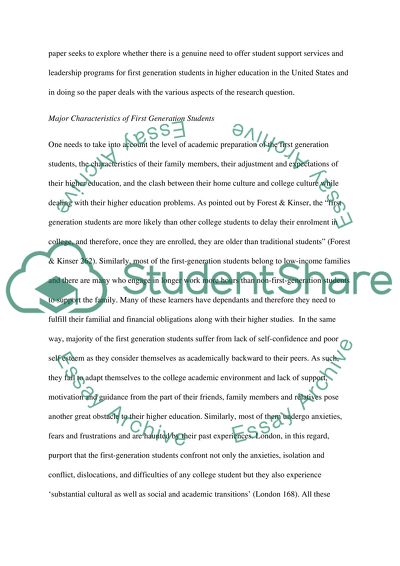Cite this document
(“Leadership Programmes In Higher Education Research Paper”, n.d.)
Retrieved from https://studentshare.org/education/1408995-leadership-programmes-in-higher-education
Retrieved from https://studentshare.org/education/1408995-leadership-programmes-in-higher-education
(Leadership Programmes In Higher Education Research Paper)
https://studentshare.org/education/1408995-leadership-programmes-in-higher-education.
https://studentshare.org/education/1408995-leadership-programmes-in-higher-education.
“Leadership Programmes In Higher Education Research Paper”, n.d. https://studentshare.org/education/1408995-leadership-programmes-in-higher-education.


